
Using Trusts to Protect Children With Addiction Issues
Carefully structuring an inheritance can safeguard a child with addiction from financial harm, while providing the support they need to recover.
Our Estate Planning Blog

Carefully structuring an inheritance can safeguard a child with addiction from financial harm, while providing the support they need to recover.
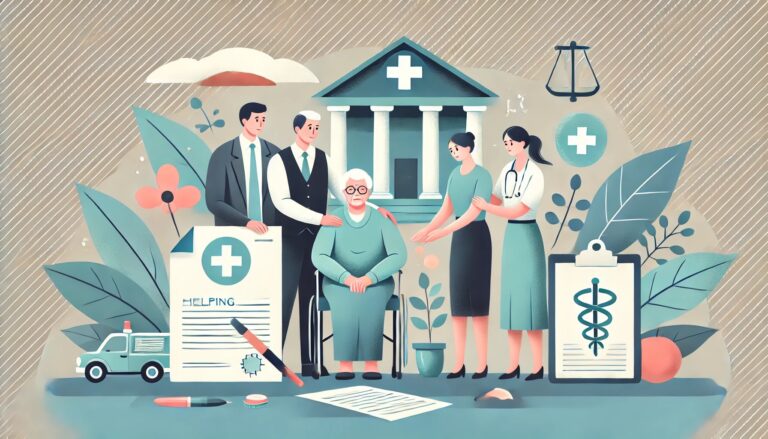
When a parent can no longer make decisions, guardianship can be a powerful tool to protect their needs.
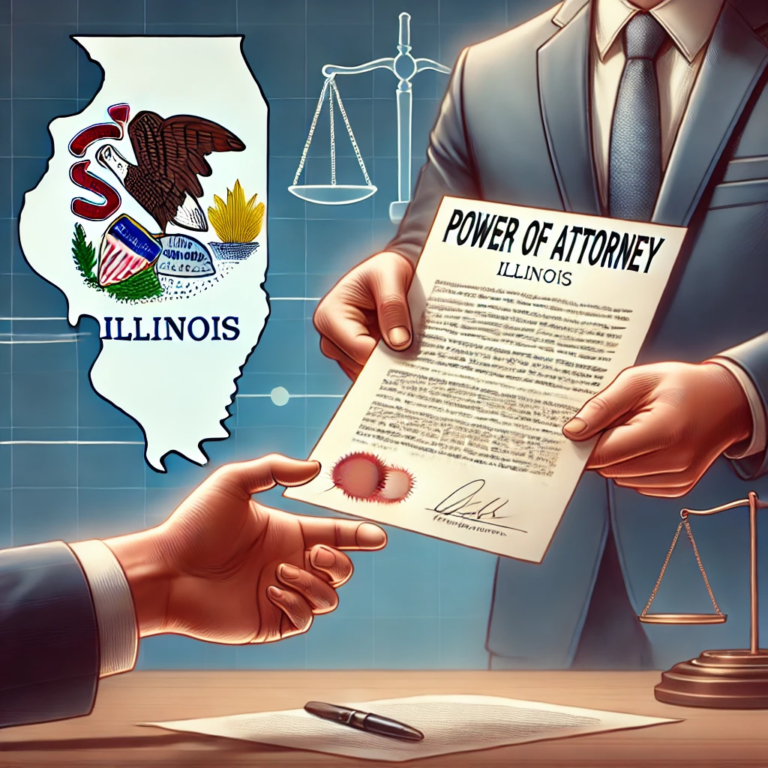
In August 2024, Governor JB Pritzker signed a law which makes it much more likely that third-party institutions will accept the powers of attorney you have created with the help of your lawyer.

Are you worried about what might happen to your accounts and investments if you become disabled or incapacitated?
Unfortunately, death doesn’t just happen to other people. We should all get our affairs in order, so that our loved ones can focus on grieving and moving on once we pass.
Most people can’t wait for retirement, and even more would likely opt for some form of early retirement, if they had the opportunity. Whenever you ultimately decide to cut down your time at work or leave the workforce altogether, you need to ensure that you have a full slate of estate planning documents in place.
Has a loved one named you their financial power of attorney? Are you ready to take on all the responsibilities that entails? Hopefully, you won’t be called into action anytime soon, but with the coronavirus pandemic continuing, it’s something to think about.
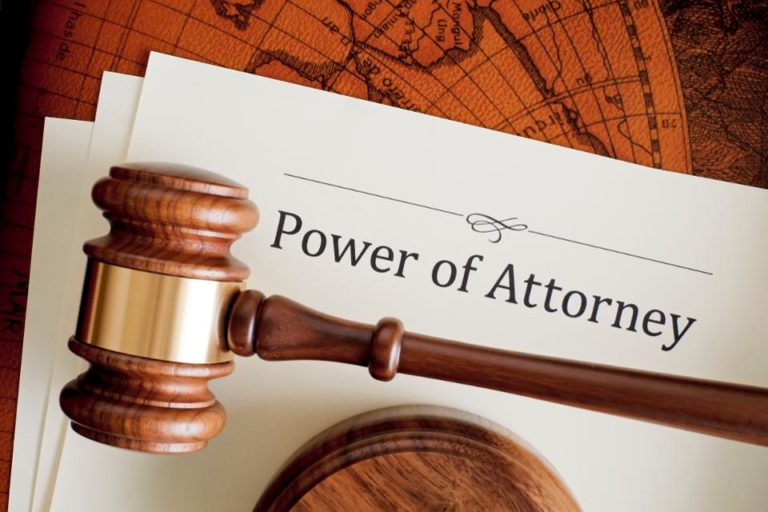
Under Illinois law, an individual holding a power of attorney is a fiduciary as a matter of law. The person designated as a power of attorney agent owes a fiduciary duty to the principal—the person making the designation. If your agent abuses the power of attorney, he or she may be subject to civil or even criminal penalties.
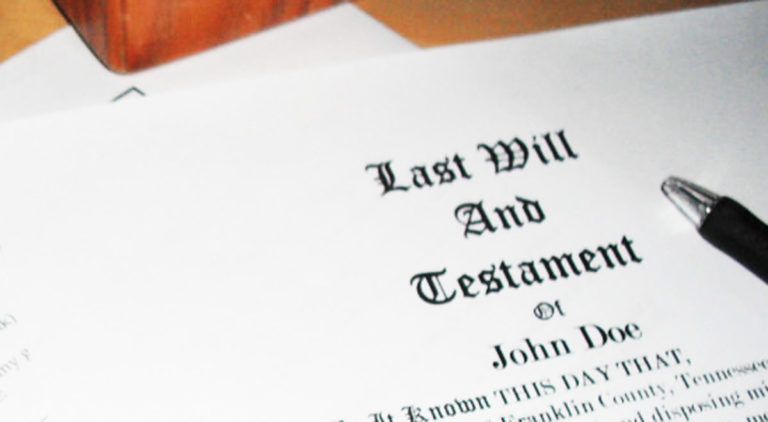
Increased interest in estate planning is welcome, but make sure that you have all of the tools in place to protect your family. Making a will might not be enough.
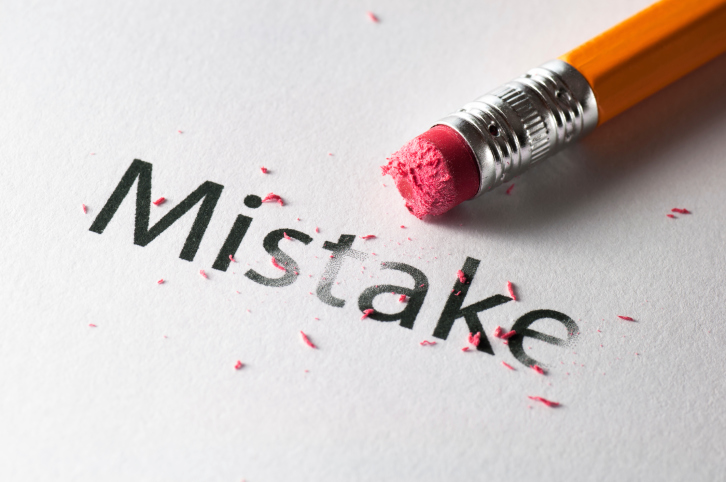
With COVID-19 impacting more and more Americans, individuals across the country are scrambling to set up wills and end-of-life directives.